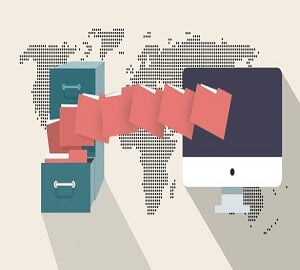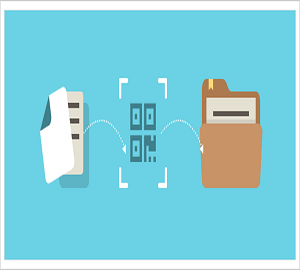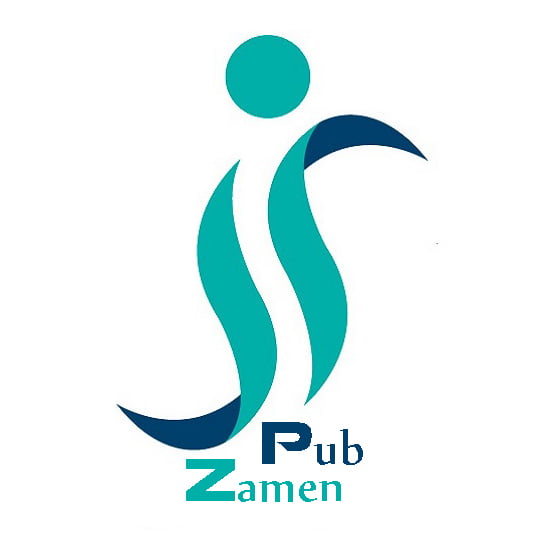
How to index journals in ESCI (Emerging Sources Citation Index)
The Emerging Sources Citation Index (ESCI) was launched in late 2015 as a new database. Around 2400 journals were selected for coverage at launch.

The Emerging Sources Citation Index (ESCI) was launched in late 2015 as a new database. Around 2400 journals were selected for coverage at launch.

Islamic World Science Citation Center (ISC) is a scientific information system that aims to analyze the scientific journals of Islamic countries based on valid criteria

J-Gate is an electronic gateway launched by an Indian company in 2001. It provides unrivaled access to millions of articles from online journals presented by

Creative Commons is a set of exclusive rights for the publishers or creators of genuine and unique works that includes such rights as publishing, reproducing,


Editor-in-chief is in charge of producing scientific content and journal management.

COPE (Committee on Publication Ethics) is an international community that promotes all aspects of publishing ethics for editors, publishers, and all members involved in publishing.

The OAJI is a database for open accessed journals that have the full text of articles.

Send informative and persuasive messages to all authors

Scopus indexing is an important achievement for journals around the world, and this success will not only increase the level of satisfaction but also ensure

In 1944, Elton B. Stephens founded Ebsco database in the United States that is currently considered as one of the largest publishers and collectors of

DOAJ is one of the international databases for indexing open access journals that covers all academic and research topics and provides free access to published

Plagiarism refers to the use of ideas and phrases of other authors, whether published or unpublished, without providing the credit of the original author.

Training researchers is the most important factor in preventing plagiarism.


EndNote is one of the main widely used tools and one of the most comprehensive softwares in terms of document and resource management in research


Authors’ guideline in Journals usually ask authors to specify whether there is any conflict of interest in the article. In doing so, the authors should

Obviously, all journals need to make charges to cover their costs. Many academic journals are affiliated to well-known international organizations and universities that make open

Quantitative studies: In the quantitative studies the researchers use quantitative and measurable parameters to examine and describe the situation the subject under the study.

Consider the similarity between the language of the abstract and the journal

Preliminary and comprehensive studies on the general subject General information about a topic leads to pose a question. More information results in a more precise

The peer review of an article is, in fact, the precise evaluation of a scientific project. The peer review enhance the validity, quality, and accuracy

Journals have some standard criteria for article submission that are provided to reviewers.

One of the questions you will be asked in a Ph.D interview is about the subject of Ph.D thesis that you are expected to think

Regarding the number of reference citations, there is no specific number or range that is considered as normal or standard.

What is a review article? A review article summarizes and organizes the recent studies on a specific subject to help others to obtain a comprehensive

Predatory and pseudo-journals are the journals that copy the scientific name of a journal that does not have a website.

After the submission of the article, in case the manuscript meets the journal standards, the editor-in-chief of the journal will invite the reviewers to review

One of the concepts in scientometrics is self-citation. Many scientific databases consider it as immoral; however, others control its incidence by designing a measuring index

Poor writing and structure is one of the main reasons for rejecting papers. Perform several revisions prior to submission, seek help from peer reviewers who

Do Not Edit is the brand name of ZamenPub®, which is a private publisher delivering services to both journals and authors.
Email: [email protected]
Twitter: @Do_edit